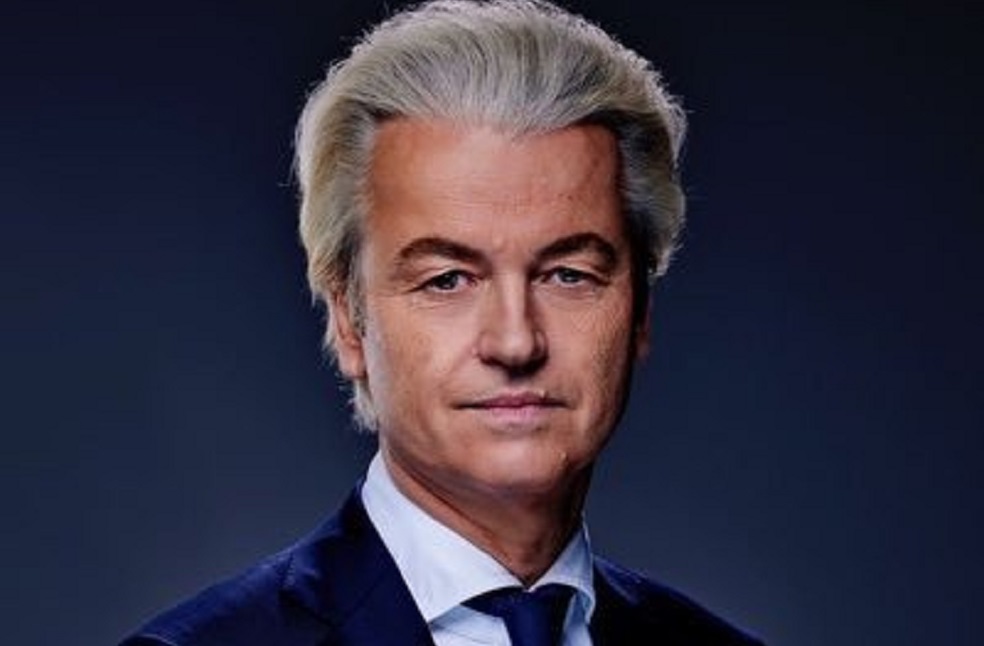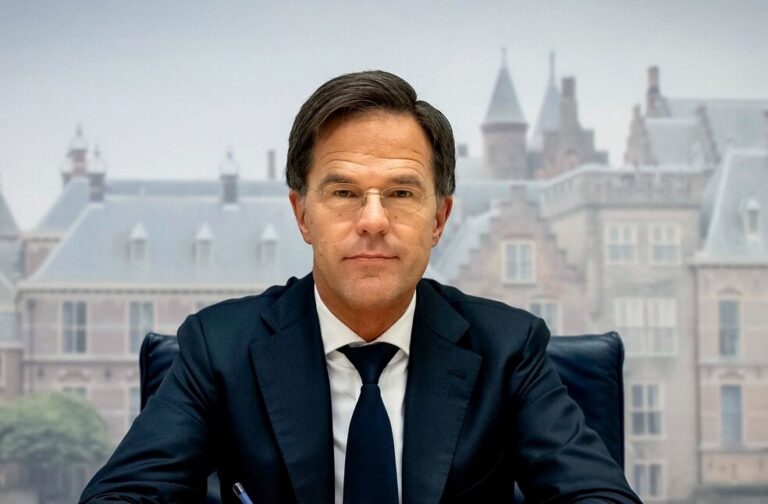Netherlands: Dutch Prime Minister Mr. Mark Rutte and his coalition government have resigned due to irreconcilable differences over immigration policies, leading to a general election later this year.
Mr. Rutte, who is the Netherlands’ longest-serving leader, made the announcement in The Hague, stating that the coalition partners had significantly divergent views on migration policy. After failed discussions, the conclusion was reached that these differences were insurmountable. Mr. Rutte promptly offered the resignation of the entire Cabinet to the king.
The Prime Minister had conducted late-night meetings over the course of several days, but a consensus on dealing with asylum seekers could not be reached. Reports suggest that Mr. Rutte took a firm stance on the issue to counter a challenge from the right wing of his party, demanding a cap of 200 relatives of war refugees allowed into the country each month and threatening government dissolution if the measure did not pass.
Het is geen geheim dat de coalitiepartners heel verschillend denken over het migratiebeleid. En vandaag moeten we helaas de conclusie trekken dat die verschillen onoverbrugbaar zijn. Daarom heb ik het ontslag van het voltallige kabinet aangeboden aan de Koning.
Volledig… pic.twitter.com/iIbxtichRh
— Mark Rutte (@MinPres) July 7, 2023
The coalition, described by local media as an uneasy alliance, faced a major scandal last year regarding overcrowded asylum centers, which resulted in a baby’s death and numerous individuals having to sleep outside. Mr. Rutte had promised a lasting solution to the problem, acknowledging the “shameful scenes” witnessed at the centers. The recent resignation further highlighted the ideological divisions present since the coalition’s formation 18 months ago between parties favoring a stricter migration policy, such as Mr. Rutte’s conservative People’s Party for Freedom and Democracy and the Christian Democrats, and those opposing a stringent crackdown, like the Democrats 66 and the Christian Union.
The coalition had been striving to find a viable agreement to reduce the influx of refugees into the country of nearly 18 million people. Proposed measures included establishing two categories of asylum, one temporary for individuals fleeing conflicts and another permanent for those escaping persecution, as well as reducing the number of family members allowed to join asylum-seekers in the Netherlands. The strain on housing, already scarce in the densely populated country, was exacerbated by the increasing number of asylum-seekers. Over 21,500 people from outside Europe sought asylum in the Netherlands in 2022, with tens of thousands more arriving for work and study.

Opposition politicians swiftly called for new elections even before Mr. Rutte formally confirmed his resignation. Mr. Geert Wilders, leader of the anti-immigration Party for Freedom, called for “quick elections now,” while Green Left leader Mr. Jesse Klaver emphasized the need for a change of direction. The Netherlands is expected to hold elections in November 2023 following the collapse of Mr. Rutte’s fourth coalition since 2010, which had taken office in January 2022 after protracted negotiations. Mr. Rutte expressed his energy to stand for a fifth term but emphasized the necessity of reflection before making a final decision.



